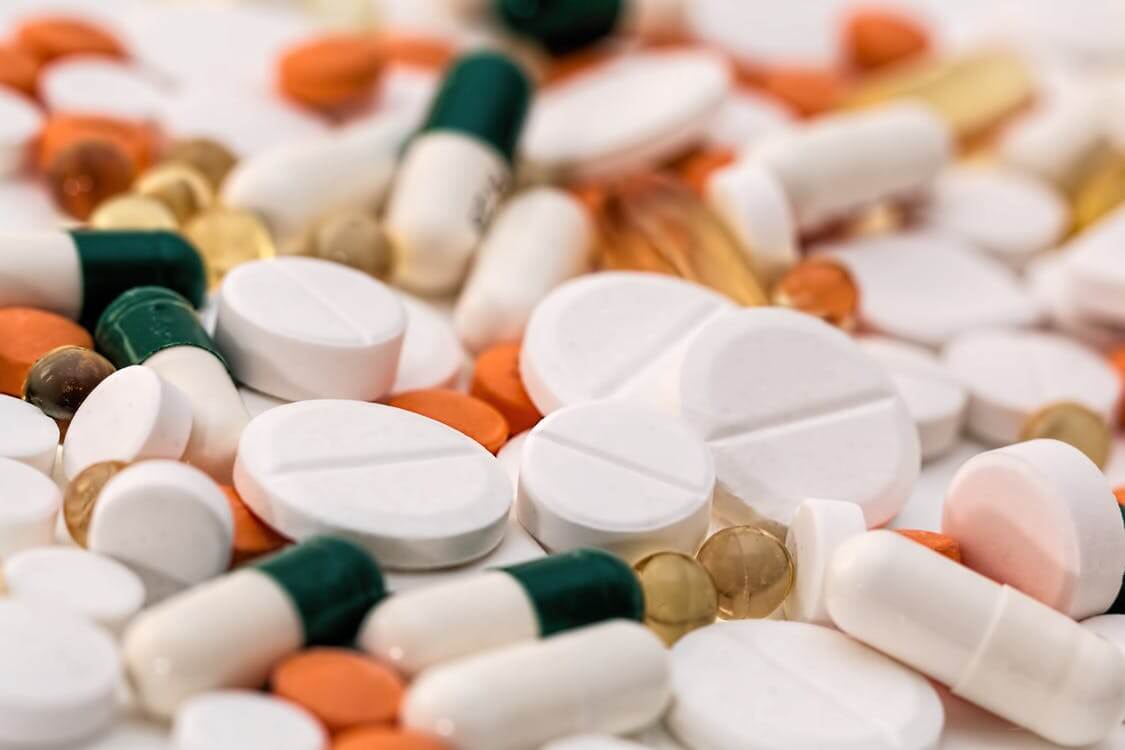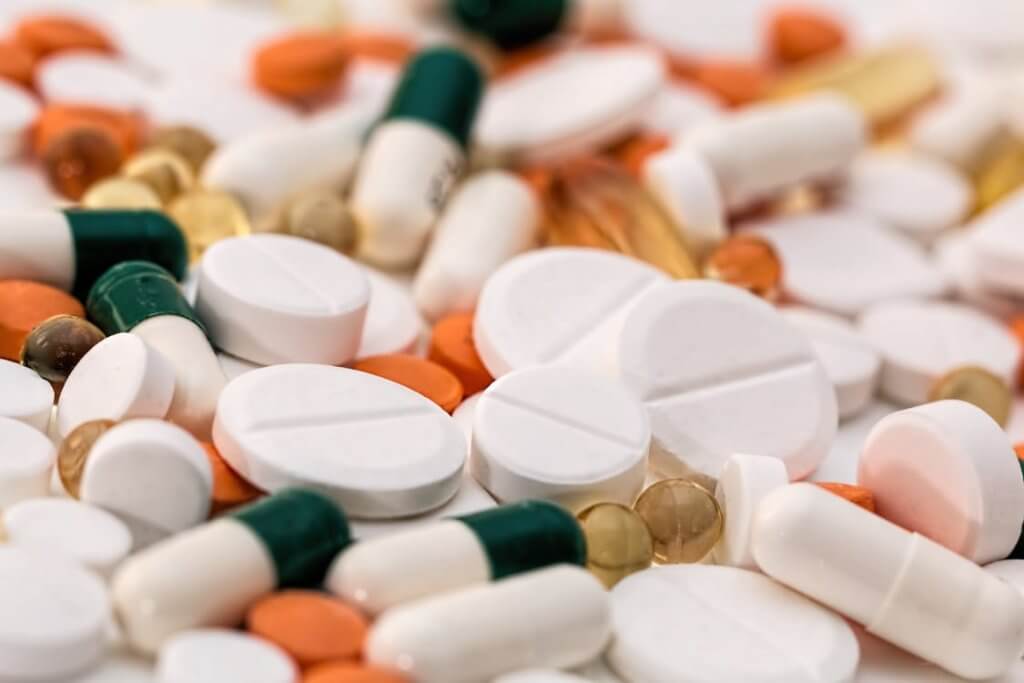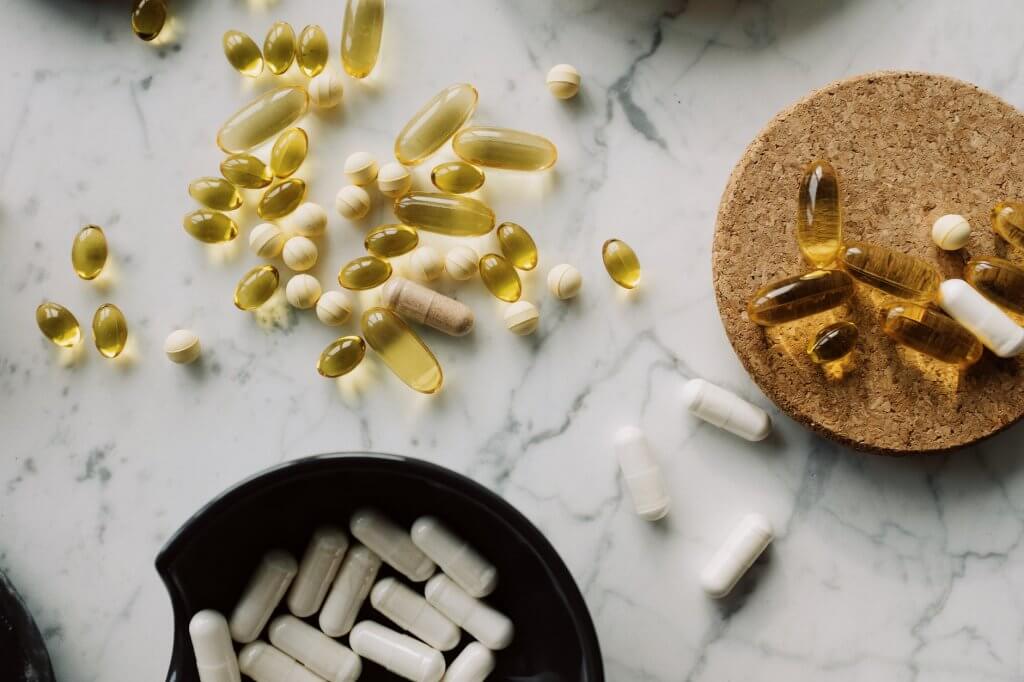
How is life after opiate detox? If you’ve just completed the detox process, treatment, and therapy, this is what you’re probably asking now. It’s normal to wonder what comes next, especially after weaning yourself off such an addictive coping mechanism.
After overcoming the challenge of recovering from opiate addiction, you may be faced with another one. This is especially true if the factors that caused opiate addiction in the first place are still very much existent. Although the road to recovery is not a one-size-fits-all type of journey, here are some things you can expect after opiate detox.

Opioid Addiction and Withdrawal
Approximately 2.1 million Americans have an opioid use disorder. Opioid addiction is a chronic disease that can wreak havoc on the addict’s life by causing social, financial, and health problems. It can be described as a strong urge to use opioid drugs, even after they aren’t medically required anymore.
When addicts decide to quit by avoiding opiates, the withdrawal symptoms they’ll experience can be very uncomfortable, physically and psychologically. Since the withdrawal symptoms that addicts experience can be very intense, quitting “cold turkey” without medical supervision can be disadvantageous. That’s because there’s a high chance that they’ll revert to abusing opiates to avoid the withdrawal process.
Opiate Detox and Therapy
Undergoing opiate detox under medical supervision will ensure that the recovering addict will experience less intense withdrawal symptoms. Physicians help recovering addicts overcome their withdrawal symptoms by gradually easing them off the drug. Doctors may also prescribe medications that can help addicts in dealing with drug cravings.
Therapy can also benefit the recovering addict since it will help them identify the underlying issue that led to the substance abuse behaviors. It can also help them in dealing with emotional volatility, among other things.
Moreover, recovering addicts have a higher chance of a successful opiate detox when in drug rehab with the best success rate. Read more about it by clicking on the link.

So What’s Life Like After Opiate Detox?
Life after opiate detox may not be the same for everyone. Other people may struggle, while some may overcome their addiction with no hiccups along the way.
Addiction is a chronic disorder with no cure, but it can be managed and treated. When we say cure, it means that the disease is completely and permanently removed from the body. However, that doesn’t happen with addiction.
As you go through your recovery journey, you’ll lose your physical dependence on opiates. And when it comes to dealing with drug cravings, they may become weaker, but they may always be there. And once you return to abusing opiates, you may find it more difficult to stop.
Start to Live Healthily
Aside from avoiding opiates, life after opiate detox also means rebuilding your life by starting to live healthily. Make your health one of your main priorities during your recovery journey to help maintain your sobriety and reach your personal goals. Some ways to do this are eating a healthy diet, regular exercise, and learning to deal with stress better.
Undergo Additional Therapy
After completing detox treatment, the urge to come back to abusing opiates can be felt by some. And relapse often happens during recovery. To live a healthier life after opioids, addressing the underlying conditions or issues that may have caused the addiction in the first place is best. That way, you have a better chance of understanding your addiction and overcoming it.
6 Ways to Live a Healthy and Fulfilling Life After Detox

There are plenty of ways where you can live a healthier life after opioids. Once you’re through with detox, the recovery journey doesn’t end there. For some, recovery can be a lifelong journey.
Here are some ways that can help you live a healthy and fulfilling life after detox:
1. Keep Yourself Busy
Keeping yourself busy will help steer your thoughts away from opiate cravings. You can pick up new hobbies like playing musical instruments or painting. You can also use your spare time to play sports, take walks, or go out to eat.
2. Exercise Regularly
Exercise stimulates reactions in the brain that trigger the brain’s rewards system. It releases feel-good hormones that can give you a high that’s much better than what you get from drugs. Exercise also takes up much of your time and energy that you may otherwise use for opiate abuse.
3.Learn how to Manage Stress
With life after opiate detox, one of the essential things you need to learn is how to manage stress. Stress can be one of the main triggers of opiate abuse during early recovery. Learn techniques that will help you manage stress efficiently, like yoga and meditation, to deter you from coping with stress using destructive behaviors. And it will also help you in dealing with emotional volatility.
4.Don’t Give in to Peer Pressure
On your road to recovery after detox, it’s important to stay away from people who encourage you to use. One way of avoiding opiates is to prevent the same people who brought you to your addiction. Also, you should learn to say no politely.
5.Eat a Nutritious Diet
Drug abuse can cause a loss of appetite. And plenty of drug addicts who start recovery are malnourished. Also, while undergoing detox, sometimes, some of the withdrawal symptoms may include vomiting. That’s why eating nutritious food after recovery can help you build back the strength and nourishment that you’ve lost.
6.Ask for Help
When you feel like you’re slipping, don’t be afraid to ask for support. Ask for help from your family and loved ones since the road to recovery may not be easy, even after detox. Ask help from your physician, a counselor, or a therapist if you feel like the help you need should come from a medical professional.
Final Thoughts
A healthier life after opioids is possible. It can be challenging since finishing opiate detox doesn’t automatically mean that the underlying issue is over. Like any chronic disease, addiction can stay with you for life, so you must be vigilant. The good news is that you always have a fighting chance to overcome it — know your triggers, avoid stressors, and seek professional help whenever needed.
If you or a loved one is looking to help with your addiction, Restore Treatment Center can give you the quality and professional support you need. Call us now at (818) 351-1620, and let us help restore you to wellness.












